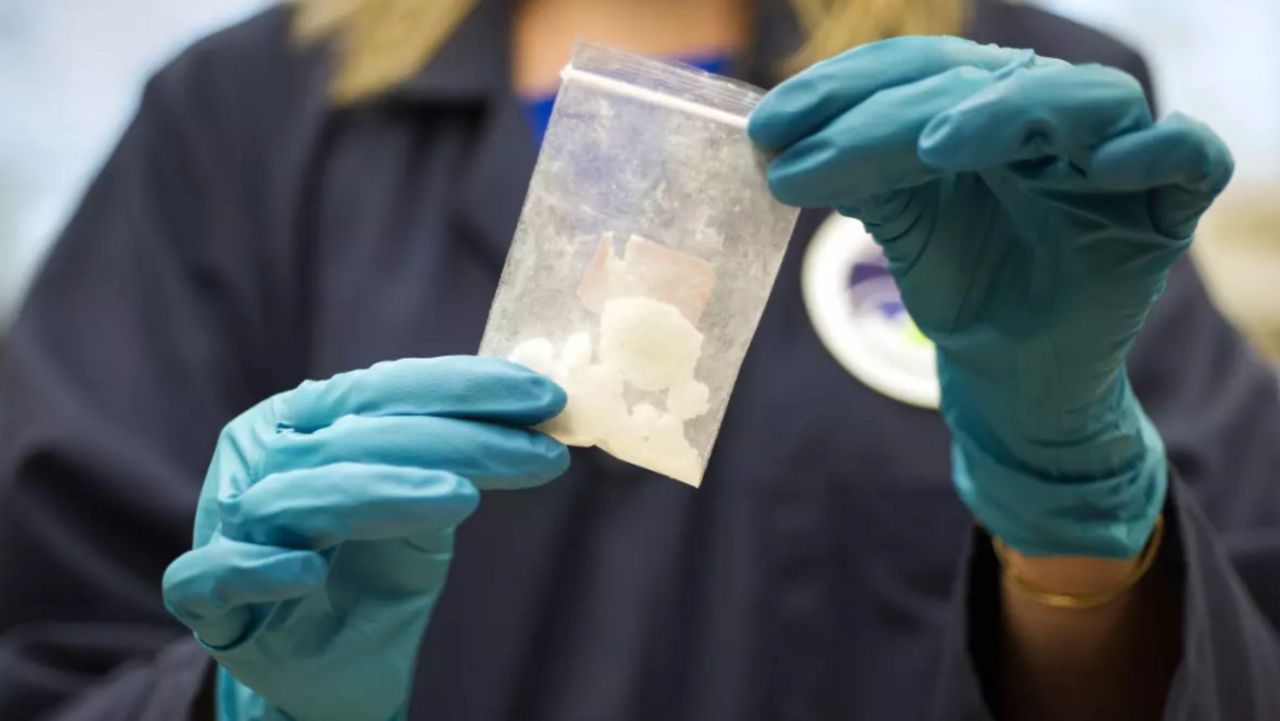More than 40% of COVID-19 related crowdfunding campaigns created on GoFundMe last year raised no money at all, according to new research.
What You Need To Know
- A recent study showed that a sizeable percentage of GoFundMe campaigns raised no money at all in 2020
- The study, published in Social Science & Medicine, indicates 1% of campaigns received 25% of all money raised for COVID-19 purposes
- Read: Crowdfunding as a response to COVID-19: Increasing inequalities at a time of crisis
The peer-reviewed study, published last month in Social Science & Medicine, indicates the top 1% of GoFundMe campaigns received nearly a quarter of more than $380 million raised for COVID-19 purposes. The study excluded “viral” campaigns from its analysis of more than 162,750 GoFundMe pages created between January and July of last year.
Aaron Davison started his family’s GoFundMe page a bit earlier, in December of 2019. That’s when they become homeless and started living in their car for several months, before Davison was furloughed from his job at Universal Studios because of the pandemic.
At that point they transitioned to a hotel on International Drive, where they’ve managed to stay ever since.
Unemployed Floridians like himself feel “forgotten about, lied about and ignored,” Davison said after a judge’s Monday ruling in favor of the state’s decision to prematurely end extended federal unemployment benefits. Those $300 weekly federal benefits will expire for all states this holiday weekend; Florida ended them for its residents two months ago.
“Quite simply, Florida law does not require participation in the CARES Act programs that were enacted by Congress,” said Daniel Nordby, an attorney for the state of Florida, in a hearing last week.
State officials continue to promote the idea that “Florida is open,” encouraging people to get back into the workforce as the state copes with an unprecedented number of coronavirus deaths. But that narrative’s been a hard pill to swallow for many immunocompromised people, like Davison’s parents.
Davison is especially concerned for his mom, who’s terminally ill with multiple sclerosis and diabetes.
“There’s still hesitation among unemployed workers like myself to reenter the workforce,” he said, citing concerns of exposing his mom to the coronavirus’s highly contagious delta variant.
“I’ve committed myself to the family,” Davison told Spectrum News 13 in June. “I’m going to take care of them in any shape, way or form as I can.”
It’s why he’s held off on seeking a new job while the family remains functionally homeless and without a permanent address. Davison says he’s considered remote work – but it’s difficult to plan ahead past Sept. 14, the family’s last booked date at the hotel.
After that, it’ll be back to living in the car if they can’t get more help.
“We understand, and I would hope everyone understands that’s been paid unemployment: (it’s) temporary, never permanent,” Davison said.
Yet he says given alarming rates of coronavirus contagion, it’s also not that easy to simply demand homeless Floridians “get a job.”
As far as the health of the economy, expiring unemployment benefits may also pose a risk. New university research suggests that over the next two months, the country could see around $8 billion in reduced spending nationwide.
“The loss in spending may limit any macro job gains from the increase in labor supply,” the study’s authors wrote.
“I think what people overlook (is) it all goes back into the economy,” Davison said. “It’s spending money, however it’s spent.”
For his family, Davison said that unemployment money has been carefully budgeted and spent only on basic needs, like groceries, gas and medication. Davison says looking forward, he’d like to get back to work – after the coronavirus pandemic dies down and his family finds stable housing.
“Look at the bigger picture,” Davison said. “The pandemic and homelessness is not a good combination.”
Molly Duerig is a Report for America corps member who is covering Affordable Housing for Spectrum News 13. Report for America is a nonprofit national service program that places journalists in local newsrooms to report on undercovered issues.







